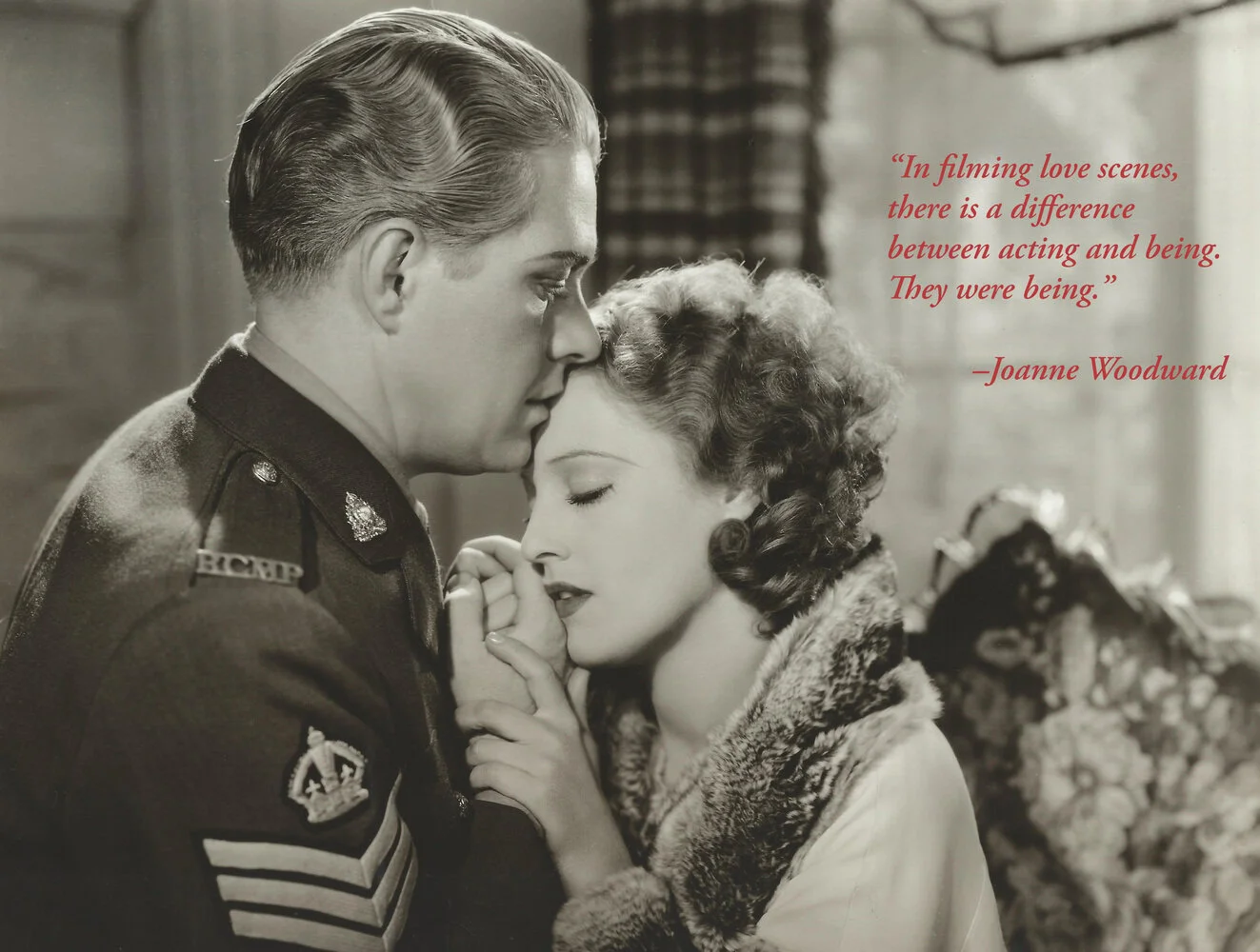
Jeanette MacDonald & Nelson Eddy
They were “America’s Singing Sweethearts” of the 1930s, lighting up the screen in MGM classics like Naughty Marietta, Rose Marie, Maytime, and Sweethearts, while captivating audiences in opera, radio, and early television. And yes, Virginia, their off-screen romance was real but heartbreakingly suppressed by studio boss Louis B. Mayer, who blocked their legal marriage. Whether you’re a longtime fan or just discovering the timeless magic of Hollywood’s most iconic musical duo… welcome!
Featured Items
No Products Found
Latest News
No Posts Found
